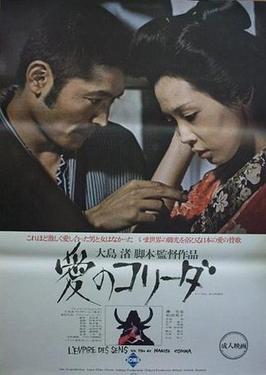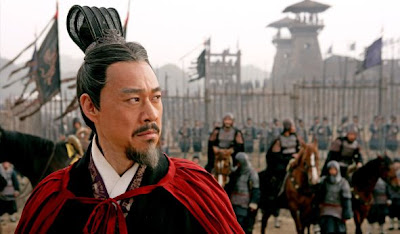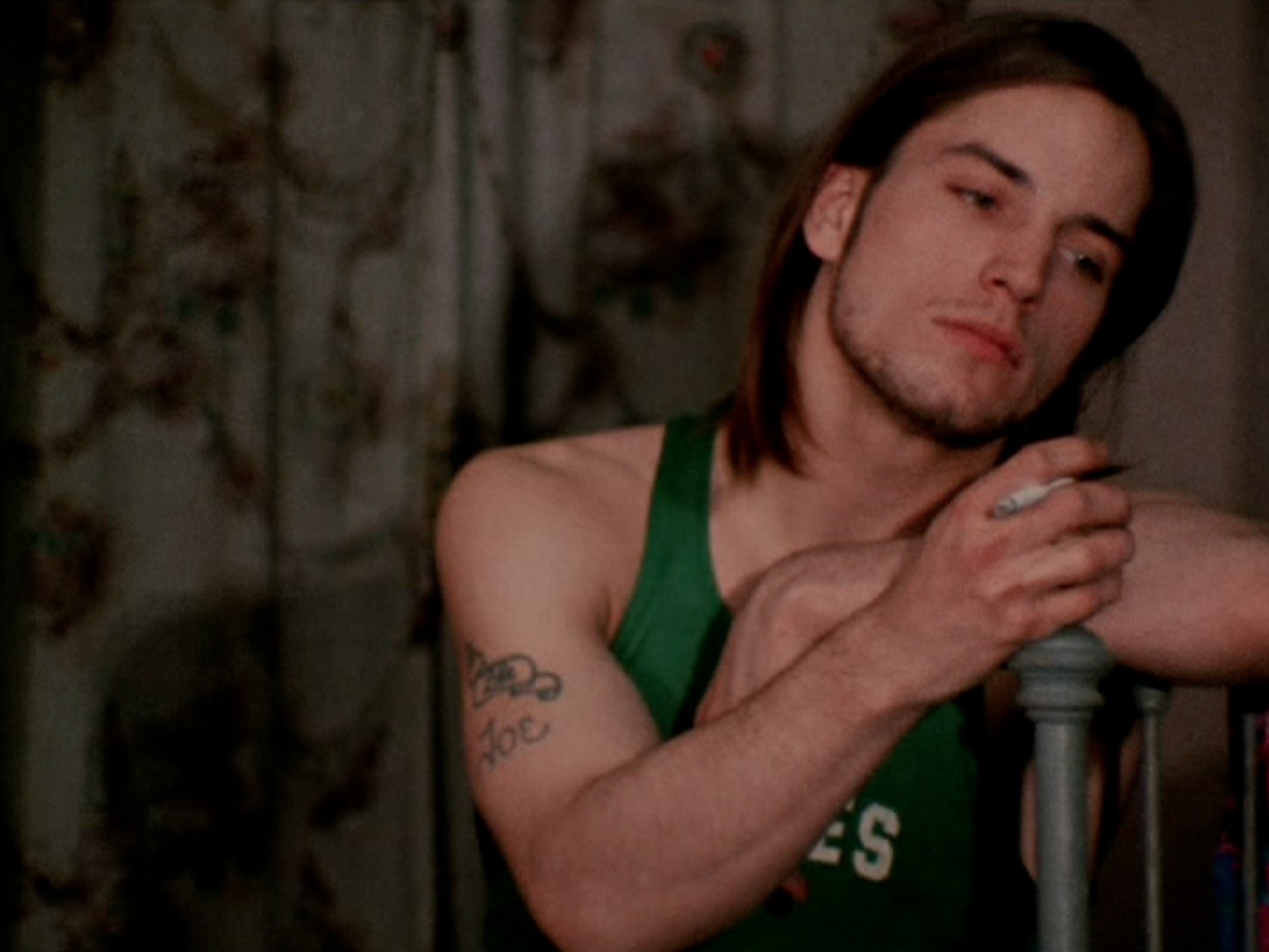White Leopards Do Not Change Their Spots
The usual White supremacist claptrap from the BBC; pretending White culture has changed for the better in the past 60 years. Yet the very existence of this series proves otherwise since it is presented as a metaphor for the present.
Setting this drama in the past suggests its content no longer happens in real life; while implying it still does. Whites here reveal their obsession with overt behavior - as if this were the only kind of behavior - and, thus, their hope that covert supremacism will help conceal their underlying dependence on the unearned privilege that comes from a culture based on looting and xenophobia. The odd sense here is of Whites trapped in a gilded cage of their own making where emotions sway between feelings of guilt and those of genetic superiority.
This series pokes fun at the parochial, No Sex Please, We’re British attitudes it simultaneously promotes. The widespread inability of Whites to deal with any elephants in the room, in preferring to focus on trivial news items, is never seriously explored here in a drama that stars and features only Whites.
The BBC has a marked preference for dramas set in an England where Blacks were in very short supply an, thus, far less allegedly-threatening than today. This has the phenotypal effect on the present-day that few Black actors can find employment in a broadcasting organization that simultaneously critiques and promotes ethnocentrism.
A culture obsessing about its past has not much of a future; making this an insider’s look at an Establishment that will always lack the necessary objectivity and critical self-analysis required for a profound look at the subject: A culture calcified and fossilized by inertia.
There is also here the usual self-congratulatory nonsense of claiming to know what life was like before one was born and that things are now better; like a sex-obsessive pretending the Victorians were uniquely sexually-repressed. Only outsiders can ever really see clearly because they lack a vested interest; hence, the solipsistic nature of this drama. Unlike Good Night, and Good Luck, there is no sense that the more things change, the more they remain the same.
Women (the White ones, anyway) fare better here in terms of being given star billing, but the pretense is kept up that the issues being explored here have simply gone away - despite all the contemporary evidence to the contrary.
All of this, in reality, creates a culture based on fear of free speech and the paranoid terror of being socially-ostracized for speaking out. Such a fear is trying to have it both ways: Wanting the freedom, but without renouncing the benefits of being a member of an elite in an unfree state.
Despite trendy analogies with the current (2011) situation in the Middle-East, there is no serious look at the fundamentally mafia-like nature of the British Empire; making the content of this program only surprising to the sheltered Whites who commissioned it.
Ultimately, the BBC is the UK’s official state broadcaster and, so, will always toe the government line on any political issue. A fact this series deliberately avoids while never suggesting a possible future where communication is so much easier - as now. Thus, the central delusion of the BBC’s impartiality (eg, the always-partial reporting of the PIRA) is never explored, since it would be rare to bite the hand that feeds one. The BBC used to produce contemporary and relevant drama but is now mired - like its host culture - in post-imperial whining.
Only the high quality of the actors saves this from the complete tedium of the BBC massaging its egos about how high the standards of its journalism is: So much easier than vainly waiting for a(n undeserved) BAFTA by praising yourself before anyone else gets the chance to knock you.


.jpg)









